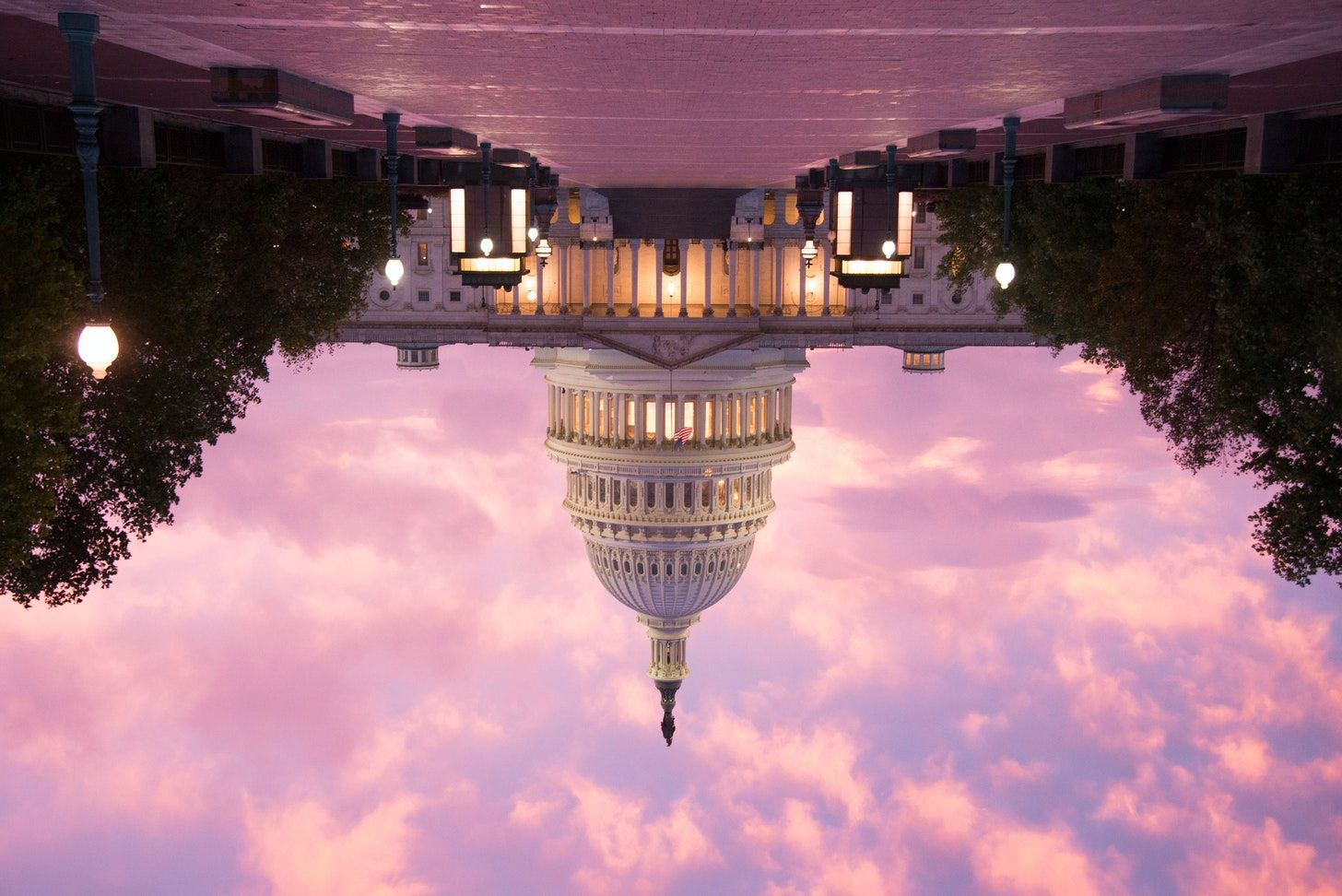Canceling the Street
Online filter bubbles create offline filter bubbles.

America’s most famous landlord is getting evicted. Donald Trump was willing to defy the world’s most powerful media, law enforcement, and government institutions. But when Twitter decided to shut down his account, he finally surrendered and conceded defeat. Next week, he’s moving out.
This surrender was Trump’s last act of defiance. It was the final proof that all the old gatekeepers are powerless when people can communicate directly on the internet. But it was also a reminder that there are new gatekeepers — the platforms that enable individuals to communicate.
Trump was a product of these new gatekeepers. He exploited them, they exploited him, and society paid the price. Everyone else’s ability to communicate online became collateral damage. An extraordinary man forced online platforms to take extraordinary measures and set a dangerous precedent.
Twitter CEO Jack Dorsey, acknowledged as much after the fact, tweeting the ban is ultimately “a failure” on Twitter’s part"to promote healthy conversation.” Dorsey also acknowledged the dangerous precedent, highlighting “the power an individual or corporation has over a part of the global public conversation.”
An even more dangerous precedent was the banishment of Parler, an alternative social media app, from Apple and Android’s spp stores and from Amazon’s servers. It looks like the companies had good reason to do so. But it does not detract from the feeling that a few companies have too much power and that their power is not limited by clear principles. And that, absent a limiting principle, the collateral damage for society will only increase.
This week, we got an example of what this means in practice. Wahsington’s mayor and governors of neighboring states issued a joint statement “encouraging Americans not to come to Washington, D.C.” for Joe Biden’s inauguration “and to instead participate virtually." The purpose of their statement was “to ensure the safety of the National Capital Region” during these “unique circumstances.”
The statement does not prevent anyone from traveling. It only encourages people to stay home. But things did not end there. Earlier this week, The Information reported that “Airbnb... assure[d] lawmakers & the media that the homes on its site wouldn’t harbor right-wing extremists who could disrupt the inauguration."
How can an online platform determine which people are “right-wing extremists”? How can it determine that they intend to “disrupt" the inauguration"? What does disruption even mean in this context? Many legal activities, many essential political activities, can be considered disruptive.
On Monday, Airbnb published a “7-step plan to help build trust and assist with protecting the greater D.C. community”. One of the steps includes reviewing reservations made in the D.C. area:
If we confirm that any guests are associated with a hate group or otherwise not allowed on our platform for violating certain community policies prohibiting violence or engaging in criminal activity, we will cancel those reservations and ban them from Airbnb.
The second part is clear enough: Airbnb will cancel the reservation of anyone who violates its community policies or engages in criminal activities. But the first part is dangerously vage. What does it take for one to be “associated with a hate group”?
Posing this question on Twitter, one of my followers suggested Airbnb could cross-check its reservations with the leaked list of Parler users. He was joking, but his comment highlights how quickly blanket bans online can become blanket bans offline.
By Wednesday, Airbnb decided to sidestep the issue and announced it would cancel all new reservations in the D.C. area during inauguration week. The company cited requests from elected officials to justify the move:
Airbnb’s work continues to be informed by inputs from our local host community as well as Washington, D.C. officials, Metro Police and Members of Congress throughout this week. In particular, Mayor Bowser, Governor Hogan and Governor Northam have been clear that visitors should not travel to the D.C. Metro area for the Inauguration.
Airbnb has a right to operate when and where it likes. And it probably chose the best among several bad options. There are alternatives to Airbnb, but once an influential platform makes a move, other platforms are likely to follow. And, to the extent that Airbnb has exclusive inventory, it is making it harder and more expensive for law-abiding citizens to attend an important political event. The fact that it is responding to calls by elected officials only makes it more troubling.
This is not meant as criticism of Airbnb. It is meant to highlight how our online filter bubbles and the algorithms that power them are reshaping the physical world. I wroteabout this phenomenon last year:
Most of the people I see on the street in New York are different from me. We have different backgrounds, different levels of income, and different tastes. As we walk by each other, each of us is listening to a different song on their Airpods, but all of us are sharing the same physical space.
But under the economics of abundance, we will no longer have to share the same space. The locations we will occupy could become as customized to our taste as the songs on our playlist. This means that the distribution of people and economic activity could — and likely would — become more segregated.
Online, we can already retreat into our own bubbles and avoid any people and ideas that are not to our taste or outside of our comfort zone.
Offline, there is plenty of segregation as well. But cities force us to to interact with people from a diversity of backgrounds, income brackets, and ideological groups.
Cities might soon lose the power to do so.
Have a great weekend.
Dror Poleg Newsletter
Join the newsletter to receive the latest updates in your inbox.

